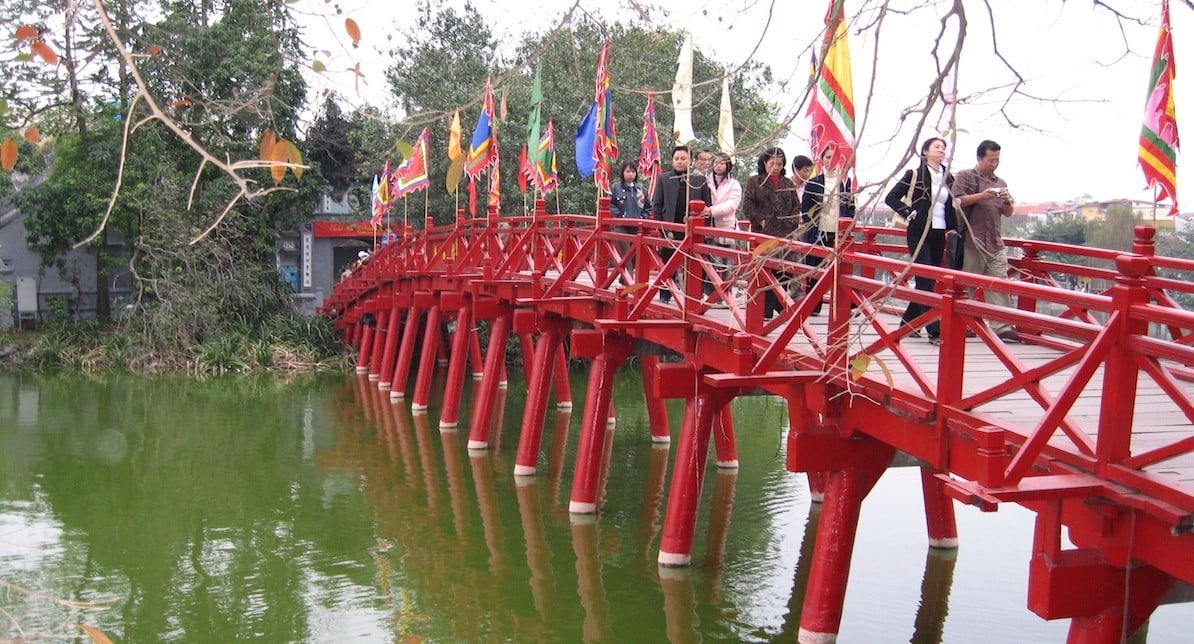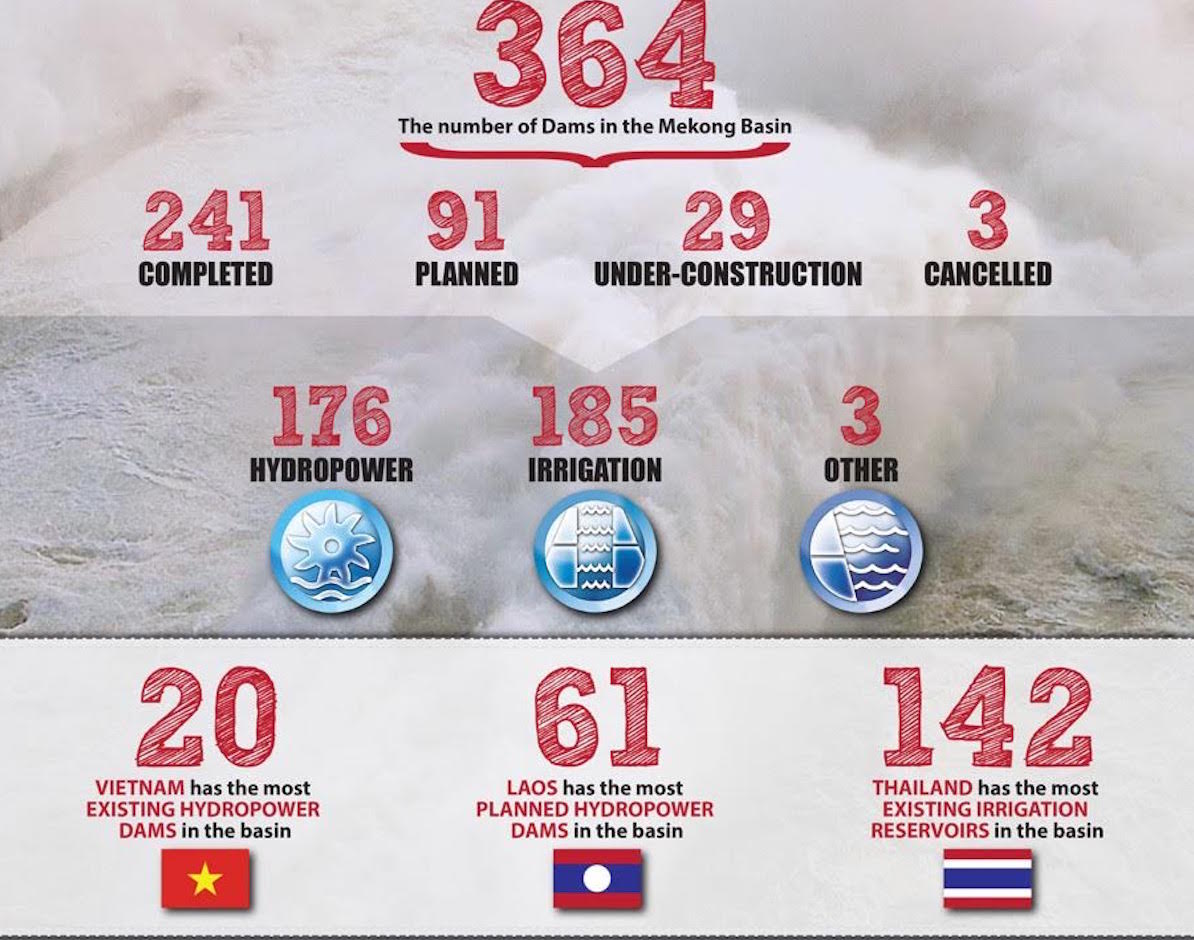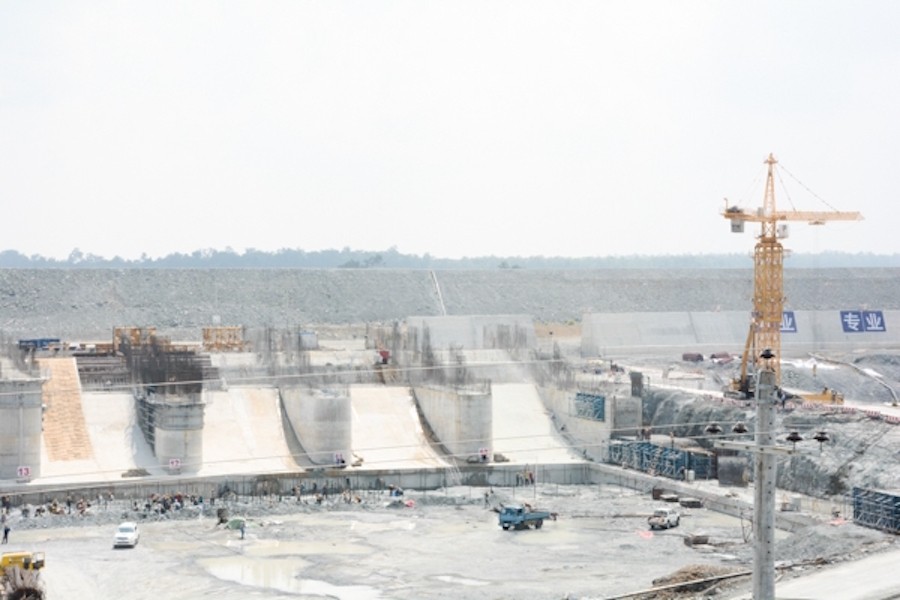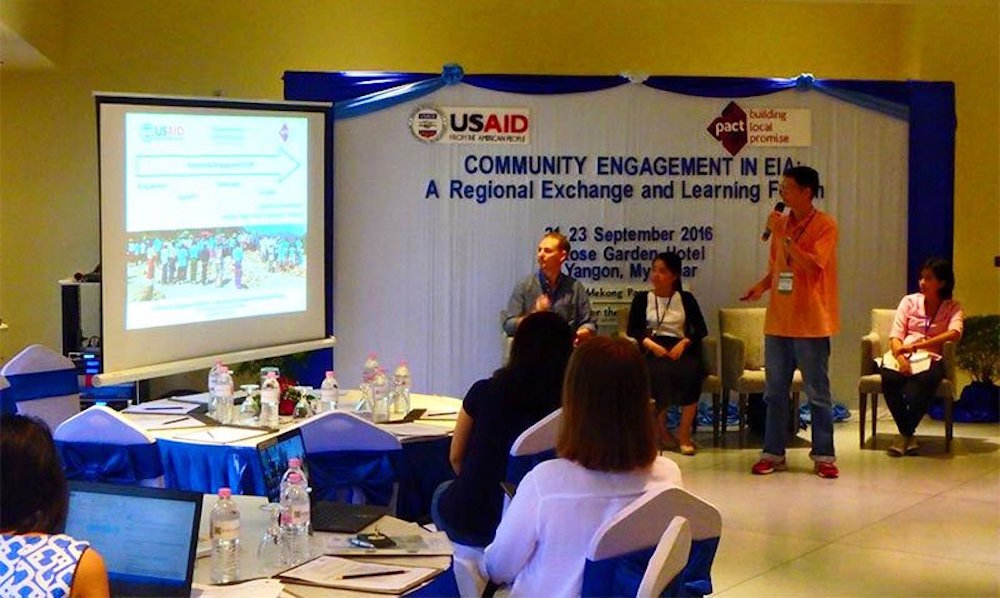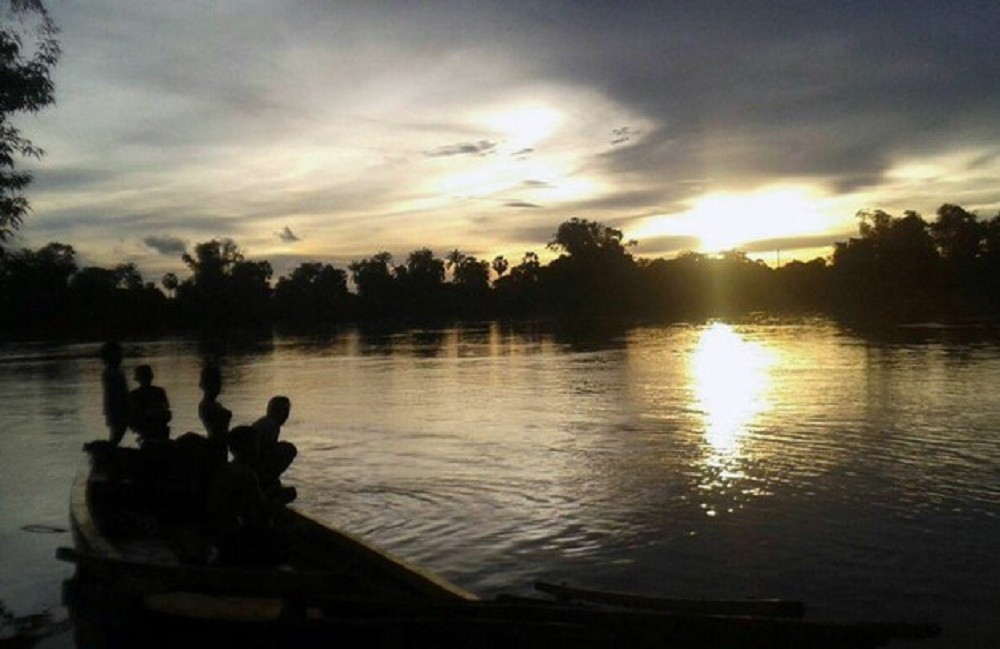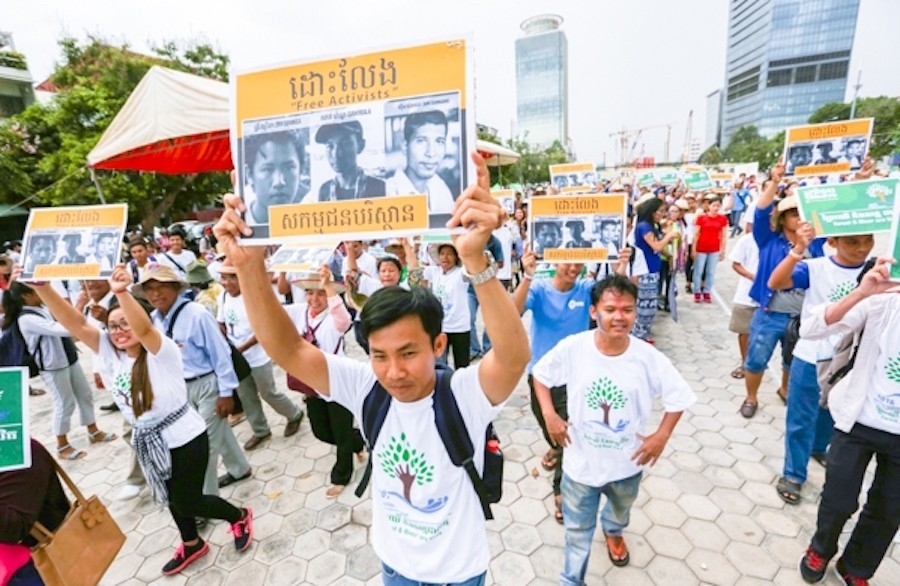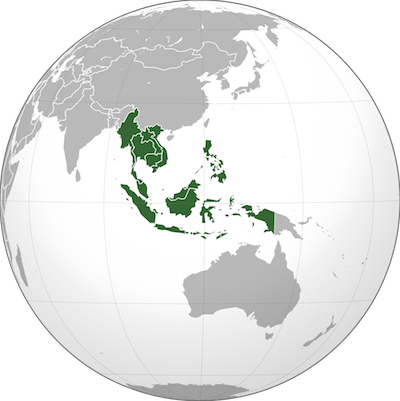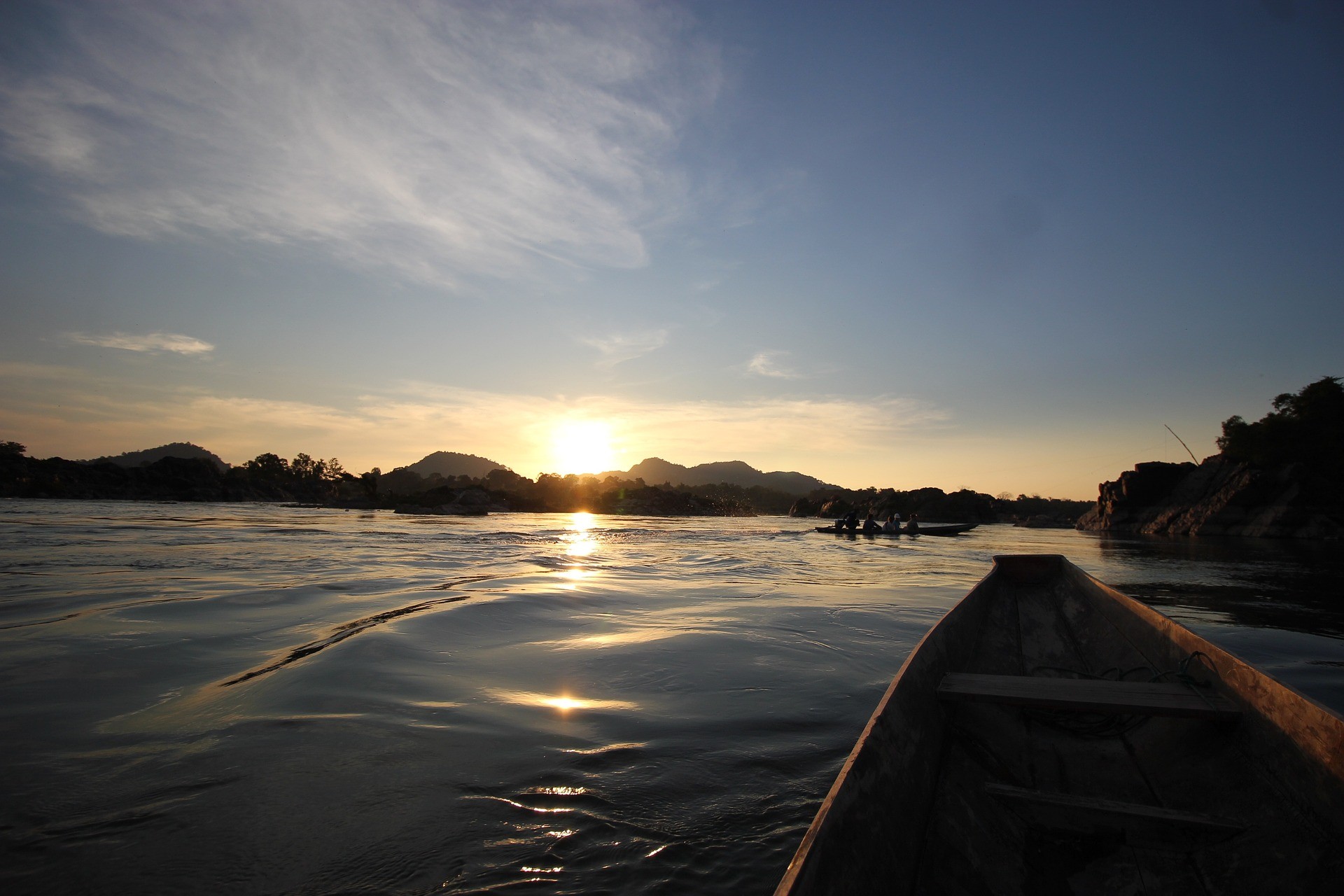VIETNAM has been making practical contributions to turning the Mekong sub-region into a dynamic and prosperous economic area via two crucial cooperation frameworks. That is according to the country’s Deputy Prime Minister and Foreign Minister Pham Binh Minh, who spoke before meetings of those cooperations, the 8th Cambodia-Laos-Myanmar-Vietnam Summit (CLMV-8) and the 7th Ayeyawady-Chao Phraya-Mekong Economic Coopera-tion Strategy Summit (ACMECS-7) which will be held in Hanoi on October 25 and 26.
Category: Cambodia
From dams to basins: mapping across scales
t the end of June 2016, WLE Greater Mekong published a series of maps identifying dams on the Irrawaddy, Salween, Mekong, and Red rivers and their tributaries. The maps cover existing dams, dams under construction, planned dams, and cancelled dams; both irrigation dams and hydroelectric dams are mapped, as long as they have a reservoir size of at least 0.5 km2 and/or have an installed capacity of at least 15 megawatts (for hydroelectric dams).
The following is the first half of an interview that took place on 8 July 2016, between Dr Kim Geheb—the WLE Greater Mekong Regional Coordinator — and the editor of Thrive. It is being published here in anticipation of the Great Mekong Forum on Water, Food, and Energy.
Jarai Say No to Ratanakiri Gold Mine
An insurrection led by ethnic Jarai villagers against the Kingdom’s first commercial underground gold mine, to be operated by Indian-owned Mesco Gold (Cambodia), looms over the green, serene remote hamlet of Plung, a few kilometers from the Vietnamese border, in Ratanakiri’s O’Yadaw district.
Lower Sesan II Dam on Schedule
The Lower Sesan II dam is expected to generate electricity as planned by 2017, filling a power void in the country as national grid construction is under way, according to the deputy provincial governor of Stung Treng.
Regional NGOs meet in Myanmar to improve community involvement in infrastructure decisions
This week, 50 representatives from non-governmental organizations (NGOs) across the Mekong region met in Myanmar to share successes and challenges in effectively involving local communities in environmental impact assessment (EIA) processes.
At the “Community Engagement in Environmental Impact Assessment: A Regional Exchange and Learning Forum” in Yangon, participants explored approaches to helping communities constructively engage with businesses and government to ensure sustainable and equitable development in the context of increasing infrastructure investment in the region, according to a press release September 23.
Ministry of Environment positive to Sambo dam petition from young environmentalists
A group of 7 young environmentalists brought a petition about Sambo hydropower dam in Kratie province to Ministry of Environment on morning of 26 September 2016 to request the ministry to review possible impacts of the dam. Ministry of Environment accepted and showed a positive stand to the youth group after receiving the petition immediately.
Sambo Hydro Dam Info Urged
Youth groups and environmental activists have requested the government release the latest documents concerning the proposed Sambo hydroelectric dam in Kratie province, amid lingering concerns of the possible environmental damage the dam may cause.
Asia: Heading towards a seismic shift
In a decade’s time, visitors to Asean, South and North Asia may find their personal experiences in their respective destinations differ quite drastically.
Each Asian nation is busy operating at its own pace, plotting a new stage of economic development and growth – despite ongoing global economic uncertainty.
In the process of this seismic shift, some countries have chosen to work in partnerships while others are tackling the challenges alone. All of them reflect Asia’s unique aspiration to take on global competitive pressure. Some nations aim to get out of the middle-income trap, while others want to secure a higher standard of living for their people.
Action Urged Over Illegal Mining
Rattanakiri provincial authorities were urged by a National Assembly commission yesterday to take swift action against illegal gem mining, which they blamed on infrastructure damage and tax revenue loss.
Speaking after a meeting with provincial authorities at the provincial hall, opposition member Heng Danaro said the province’s tourism sites were being made increasingly difficult to visit due to road and bridge damage caused by illegal mining operations.
Kratie’s Tourist Boat Operators Worry Over Don Sahong Dam Impacts in Laos
Two commune chiefs and tourist boat operators in Kratie province have expressed their dissatisfaction over the construction of Don Sahong Dam, saying people’s living conditions will be getting worse while biodiversity – including rare fish species and dolphins in the lower Mekong River – are facing a threat of becoming extinct in the future if the Lao dam proceeds with its construction.


